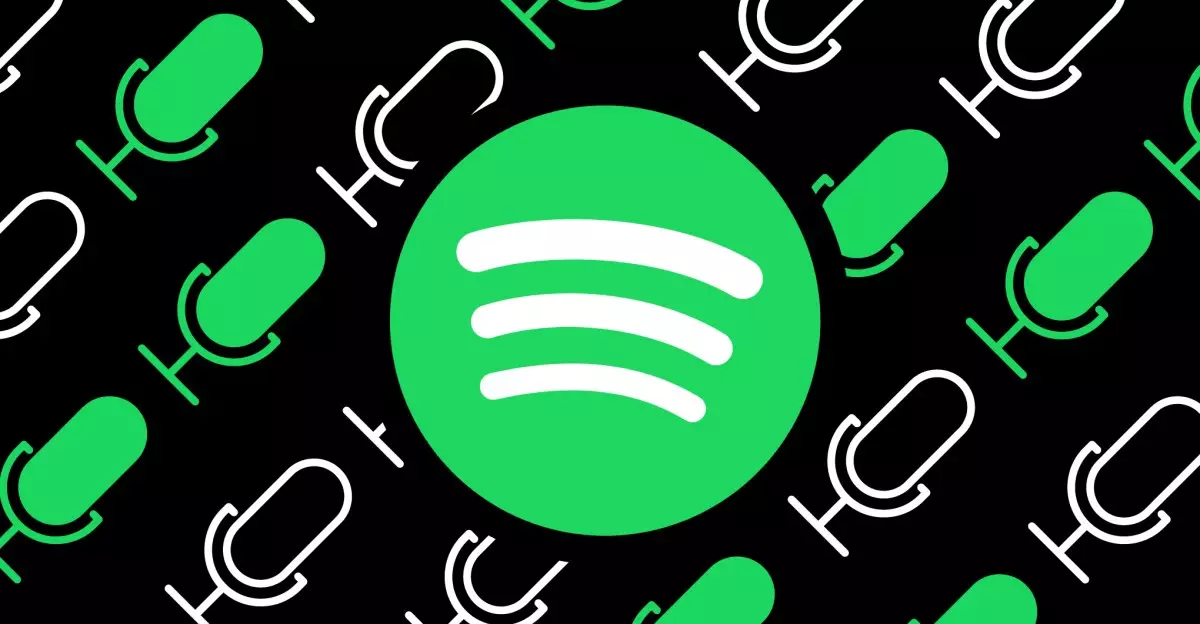In an exciting development for audiobook enthusiasts, Spotify plans to enhance its platform for iPhone users by facilitating a more accessible purchasing method. The potential update, which Spotify has submitted for Apple’s approval, allows users to view pricing for audiobooks directly through the app and provides the option to purchase via external links. This significant shift indicates not only Spotify’s adaptability but also its commitment to user-centric changes in a competitive digital marketplace.
The Context of Change
This update arises against the backdrop of the ongoing legal struggles between app developers and Apple, particularly highlighted by the recent court ruling in the Epic Games v. Apple case. Judge Yvonne Gonzalez Rogers determined that Apple had violated an earlier injunction by imposing excessive commissions on app sales. In response, Spotify seized the opportunity to challenge these restrictive practices, previously constrained by Apple’s stringent App Store guidelines. The timing of Spotify’s initiative signifies a potential turning point in the power dynamics of app monetization, demonstrating that developers are ready to stand against the constraints that have long stifled their revenue streams.
Benefits for Users and Developers
Spotify’s proposed changes could drastically transform how users engage with audiobooks on the platform. By allowing iPhone users to see pricing information and purchase audiobooks through external links, Spotify simplifies the buying process, eliminating convoluted steps that previously frustrated consumers. This not only enhances user experience but also empowers authors and creators by allowing them to reach their audiences directly. The streaming giant aptly emphasizes that this newfound freedom would benefit all parties involved—developers can operate without burdensome fees, consumers enjoy streamlined purchasing, and authors can effectively market their content without barrier.
Challenges Ahead
Yet, the journey towards implementing these changes remains fraught with challenges. Apple is actively seeking to appeal the court’s decision, which could delay the rollout of this update. Should Apple succeed in its appeal, the promising changes may never see the light of day. The situation raises critical questions about the future trajectory of app marketplaces where developers’ autonomy is often hampered by corporate monopolies. Spotify’s bold move is commendable, yet the ultimate success of such initiatives hinges on the legal and regulatory climate that shapes technology and consumer rights.
The Broader Implication for App Ecosystems
What Spotify is attempting to achieve goes beyond just audiobooks; it signifies a broader movement for transparency and fairness in app ecosystems. Other platforms, including Kindle and Patreon, are also beginning to adapt to the relaxed constraints imposed by the recent legal ruling, aiming to leverage this shift toward consumer empowerment. As developers and users alike advocate for more freedom and flexibility, this could catalyze a more balanced relationship between platforms and their respective users, potentially reshaping how digital goods are experienced and monetized across various sectors.
Spotify’s initiative is a beacon for a future where users and developers alike can operate without excessive overhead, encouraging innovation and creativity. The challenges posed by Apple’s appeal only underscore the urgency of ensuring fair practices in the digital realm, and Spotify’s response could inspire other companies to take similar risks.

